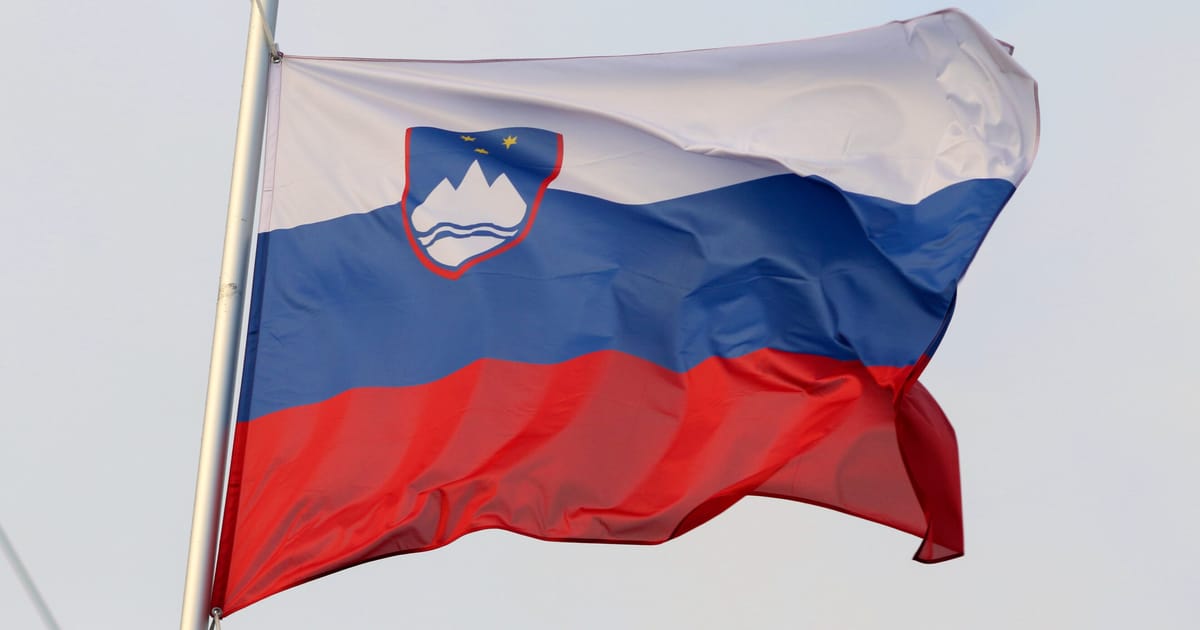

Recent global initiatives and regulatory shifts highlight a diverse array of significant developments across the world. These range from efforts to mitigate ecologically detrimental practices to intricate political reforms reshaping national landscapes.
In a historic move, Slovenia has become the first European Union country to ban all weapons trade with Israel. This independent decision underscores Slovenia’s stance on the humanitarian crisis in Gaza, as the EU has yet to take a collective position on the issue. Slovenia’s action reflects the complexity of international relationships and the ethical considerations nations weigh in their foreign policies, emphasizing a commitment to human rights and humanitarian assistance.
Meanwhile, a pioneering environmental initiative is taking root in South Africa, aimed at thwarting wildlife trafficking. The Rhisotope Project, initiated by the University of the Witwatersrand and supported by nuclear and conservation experts, involves the injection of harmless radioactive isotopes into rhino horns. This innovative method aims to combat the illegal trade by enabling detection at global transit points, providing a hopeful future for the preservation of rhinos whose population continues to face severe threats from poaching.
Turning to Central America, El Salvador finds itself at a critical juncture following a controversial legislative reform. The recent removal of presidential term limits paves the way for current president Nayib Bukele to seek continuous re-election. Opponents and activists express concern over potential authoritarian rule, drawing parallels with historical precedents in the region. As the country navigates the ramifications of this decision, the discourse on democratic norms and governance remains vibrant and contentious.
In another part of Asia, Myanmar’s political landscape is poised for change as the junta ends the state of emergency declared in February 2021. This move comes as preparations for an upcoming election gain momentum, though the election faces substantial criticism from both internal opposition and international observers. With opposition parties vowing to boycott what they deem as an illegitimate election process designed to perpetuate military rule, the political climate in Myanmar remains tense and uncertain.
Additionally, in the United Kingdom, regulatory measures are being introduced to curb the promotion of illicit migration and false documentation through social media channels. The planned criminalization of advertisements that entice individuals to undertake dangerous Channel crossings or seek fraudulent travel documents underscores the government’s commitment to tackling illegal immigration methods. This initiative highlights a broader effort to streamline border security and ensure safe and legal migration procedures.
Each of these unfolding narratives represents the dynamic intersection of governance, environmental stewardship, and human rights that characterizes global affairs today. As countries navigate these challenges, the world watches closely, anticipating outcomes that could influence international norms and inspire further action on pressing global issues.
Source: {link}
